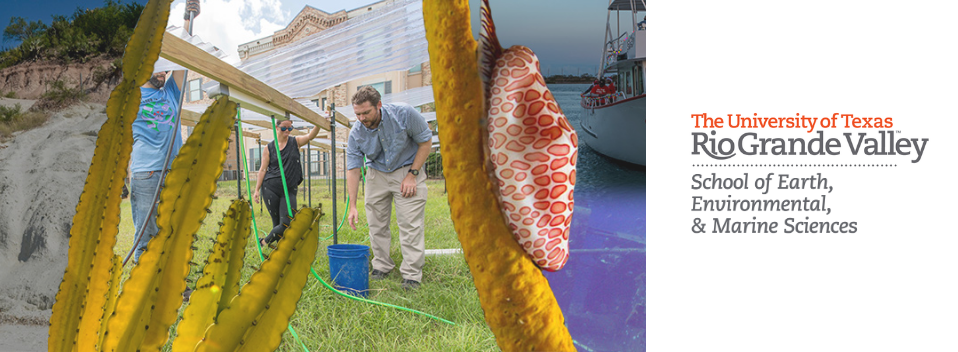
School of Earth, Environmental, & Marine Sciences Faculty Publications
Agriculture Water Treatment – Southwest Region Final Project Report
Document Type
Article
Publication Date
9-20-2021
Abstract
Recent metrics changes to the Arizona and California Leafy Greens Marketing Agreement(s) (LGMA) now require growers utilizing surface water for overhead irrigation, to treat their water within 21 days of harvest. For many producers, this is the first time that water quality data may indicate the need for antimicrobial treatment of agricultural water as a corrective action before irrigation can be applied safely. Exacerbating these challenges, growers are faced with a myriad of options related to antimicrobial water treatment, with very little guidance on the most appropriate treatment option for their ranch, or the requirements needed for successful implementation. With limited guidance, water treatment decisions are likely to be unsuccessful and expend both excess time and money without the ultimate outcome of eliminating generic E. coli (non-detect per 100mL), and reducing total coliform bacteria (≤99 MPN/100mL). Unsuccessful treatments will likely lead to little or no reduction in potential pathogen loading in an agricultural water source and thus little to no reduction in microbiological risk. CPS-funded studies conducted by Dr. Rock characterizing the microbial quality of water used to irrigate fresh produce in the Southwest found that foodborne pathogens are present in surface waters (Rock and Gerba, 2014) and that treatment options can be highly variable (Rock, 2019). Grower guidance is needed on antimicrobial agricultural water treatment options available to industry and monitoring strategies to ensure successful treatment and ultimately the protection of public health. Over the course of one growing season, the research team evaluated the efficacy of three antimicrobial treatments (Peroxyacetic Acid - PAA, Calcium Hypochlorite, and Ultra Violet Light) across four produce growing regions of the Southwest: Yuma, AZ; Maricopa, AZ; Edinburg, TX; and Uvalde, TX. The overall goal of this research was to develop scientific data that support produce growers to better manage their use of antimicrobial agriculture water treatments in the Southwest.
Recommended Citation
Rock, Channah, Kerry Cooper, and Veerachandra K. Yemmireddy. 2021. “Agriculture Water Treatment – Southwest Region Final Project Report.” Center For Produce Safety.

